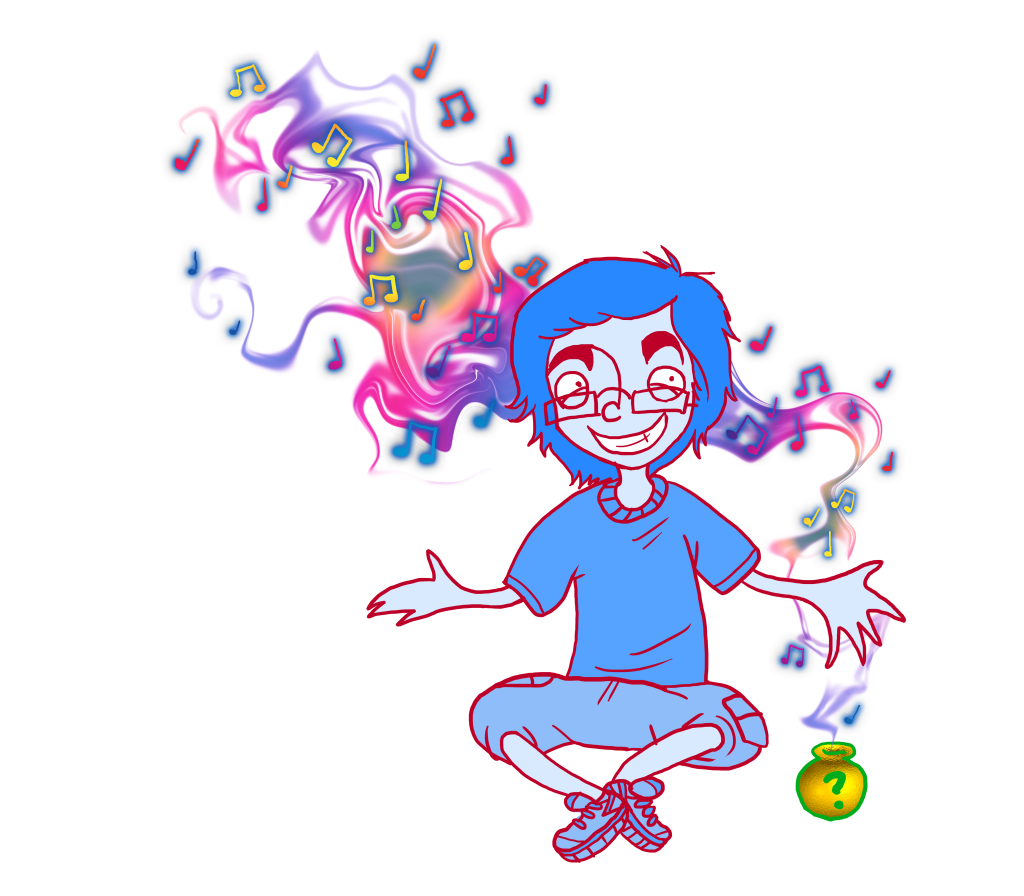How music can affect the brain like a drug
Now that I’ve got your attention with the idea of free drugs, what if I were to tell you that you’ve been downloading drugs off the internet for some time now? Well, according to some research, if you’ve been downloading music off the internet then you have. Research on this exact topic was actually being carried out here on campus by a Dr. Large, but he and his lab have moved to a different university. Music is very similar to drugs in many different ways and pretty much is one.
Drugs are known for their ability to invoke intense emotional states, change a person’s behavior and change the way they perceive their surroundings. Music does the same thing. Ever hear your favorite song and get really excited? Well it may not seem like a drug, and you may think that the song is just making you happy, but happiness is a drug too. Technically, it’s not happiness, it’s called dopamine. Dopamine is a chemical that is commonly released in the brain as a reward for something you do, making you feel good so that you do that thing again. It’s an evolutionary process that makes you keep doing necessary things like eating to stay alive and having sex to keep the human race alive. This chemical being released in your brain is the same effect of some drugs, the most common one being ecstasy. The effect isn’t the release of dopamine though. Ecstasy actually keeps the brain from letting the dopamine go away, but music affects the brain in a very similar, but less intense, way. It may not be as intense so as to cause hallucinations, but it can cause very intense feelings.
Music is heavily connected to memory as well, so that connection helps music cause emotional reactions. A song heard for the first time will have drastically different effects on someone’s brain than when they hear a song that they heard when they fell in love.
Music alone creates drug-like effects in your brain, but there are many other factors that can change how it affects your brain. Listening to Pink Floyd’s “The Dark Side of the Moon” through headphones while laying on a bed, relaxing with the lights off, will affect you in a much different way than listening to it in a crowded restaurant with other stuff going on around you. The way music affects someone is very different from person to person and depends a lot on the circumstances. People do drugs for different reasons just like people listen to music for different reasons. Someone may do cocaine to give them energy and get them excited just like someone may listen to a pop song to get them pumped. Someone may smoke weed to relax just like someone may put on jazz to relax.
Music is something that we as a species absolutely love. We like listening to it and we love making it. Why? Well, that’s still being figured out. There are some theories, but we will probably never be able to find out exactly why because music is so different from person to person. Everyone likes music for their own reason, be it to remember a loved one or to bring yourself to a different place and escape from the world. Whatever reason that people love music, it’s usually to make them happy, something music is very good at. And it’s also technically a drug that is easy (and legal) to get, so it’s fun to say that.
Music is a vast and endless sea of creation, popularity and emotions. What is interesting is that no one ever sails the same sea. Everyone’s taste in music is different and this is almost as interesting a subject as music in itself. Music also affects everyone differently. No one ever hears the same song–it’s amazing how there are so many things that change how people hear music and how it affects them. Some people go soul-searching while others jump up and down in a crowded room pounding with bass. Everyone has a different perspective on enjoying music, none more correct than any other. One person may sail this sea in a little wooden boat while others prefer a yacht, some may prefer to get lost and see where they end up or some may have a set destination. How do you travel the sea of music?
Andrew is a physics major interested in all the sciences. He joined the University Press in fall of 2013 and created the science section, becoming the...












